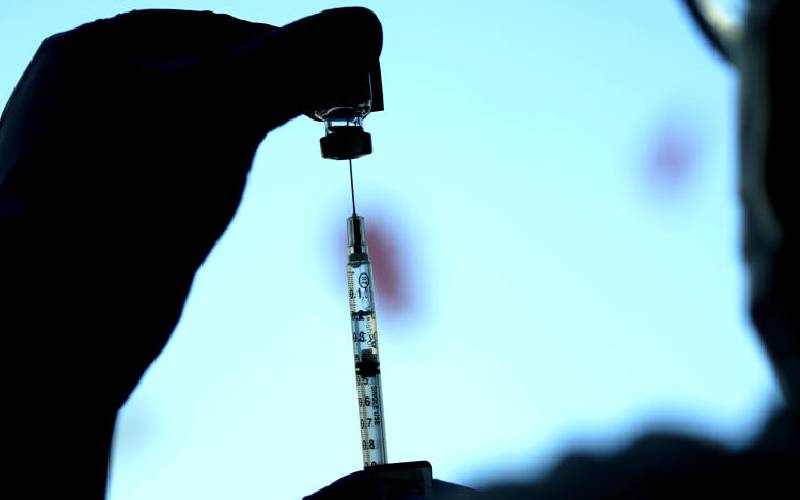×
The Standard e-Paper
Fearless, Trusted News

A dose of a Pfizer COVID-19 vaccine is prepared at Lurie Children's hospital in Chicago. [AP]
At 75, Muhammed Duale has neither received any childhood vaccine nor understood its benefits as an adult.